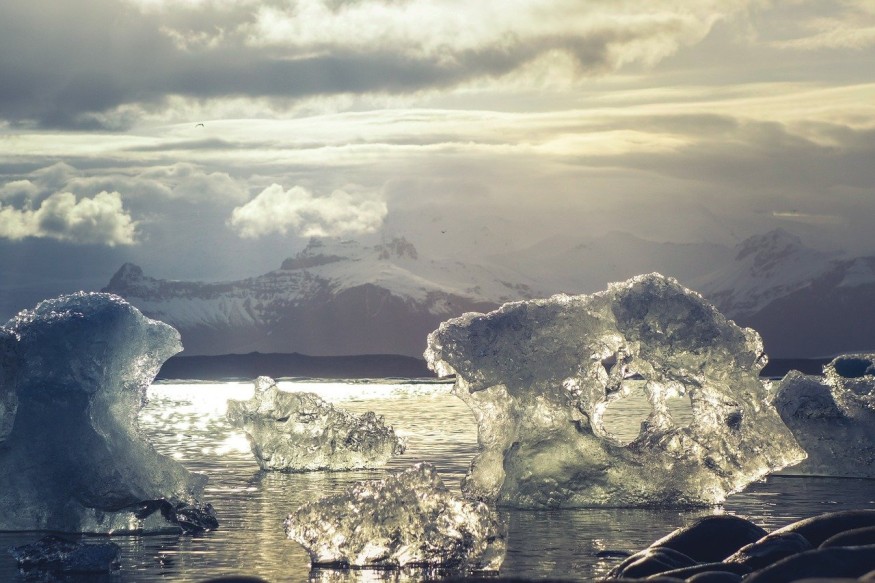The continuous melting of the West Antarctic Ice Sheet is threatening to cause 20% more sea-level rise by the end of the century, according to a Havard study entitled "Rapid postglacial rebound amplifies global sea level rise following West Antarctic Ice Sheet collapse" published in Science Advances.
Science Times previously reported that the world's glaciers are melting at an accelerating pace based on satellite images. It showed that 31% more snow is melting annually than it did in the last 15 years.
It is estimated that the melting snow and ice from mountain glaciers between 2015 and 2019 is 78 billion more tons in a year than previously experienced in 200-2004.
Meanwhile, Harvard's new prediction shows that a total melting of ice sheets could cause a global sea-level rise that would be amplified by another meter within 1,000 years.

Wafter Expulsion Mechanism
Climate change is exacerbating the unprecedented melting of ice sheets that could cause a global sea-level rise of up to 20% by the end of the century due to melting West Antarctic Ice Sheets, WION reported.
The potential sea-level rise from that region has been downplayed until now as scientists warn the public about the dangers posed by melting ice caps and sheets that could drown towns and cities across the globe.
Researchers from Harvard University used novel calculations based on what they saw on the melting ice sheets of the region, which they call a "water expulsion mechanism."
As reported by the news outlet, this mechanism happens when the solid base of the ice sheet moves upwards and decreases the total weight of the ice sheet.
Typically, the bedrock or the solid base of the ice sheet remains below sea level. The moment it begins to move upwards, the water around the area is released to the ocean that will contribute to the global sea-level rise. Their simulation predicted that it would most likely cause a 20% increase in the sea level by the end of the century.
Total Collapse of West Antarctic Ice Sheet
According to Science Daily, the model used by Harvard researchers predicted that global sea-level rise would be amplified by an additional meter within 1,000 years in case of a total collapse of the ice sheet.
"The magnitude of the effect shocked us," said Linda Pan, Ph.D. co-leader of the study with fellow graduate student Evelyn Powell. "Previous studies that had considered the mechanism dismissed it as inconsequential."
Powell said that the estimated global mean sea level rise as a result of the total West Antarctic Ice Sheet collapse would be 3.2 meters. Moreover, she said that the model showed that the water expulsion mechanism would add a meter or 30% to the total.
The researchers started this research while looking into the sea-level change project but switched to investigating the melting ice sheets of the West Antarctic when they noticed the water expulsion mechanism that they were not expecting.
They hope their research could show that an accurate estimation of global sea-level rise includes the water expulsion mechanism and the mantle's low viscosity beneath Antarctica.
RELATED ARTICLE : Satellite Imagery Reveals World's Glaciers Melting Fast, Threat to Sea Levels Raised
Check out more news and information on Climate Change on Science Times.
© 2026 ScienceTimes.com All rights reserved. Do not reproduce without permission. The window to the world of Science Times.












